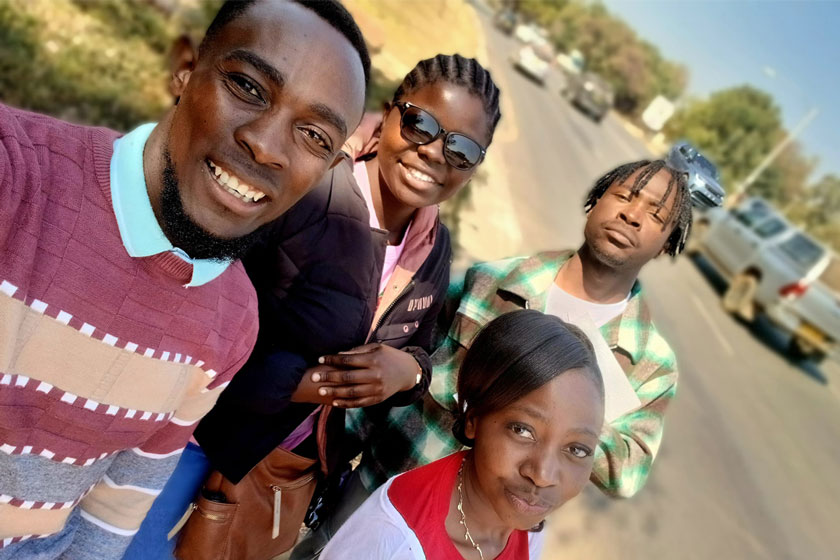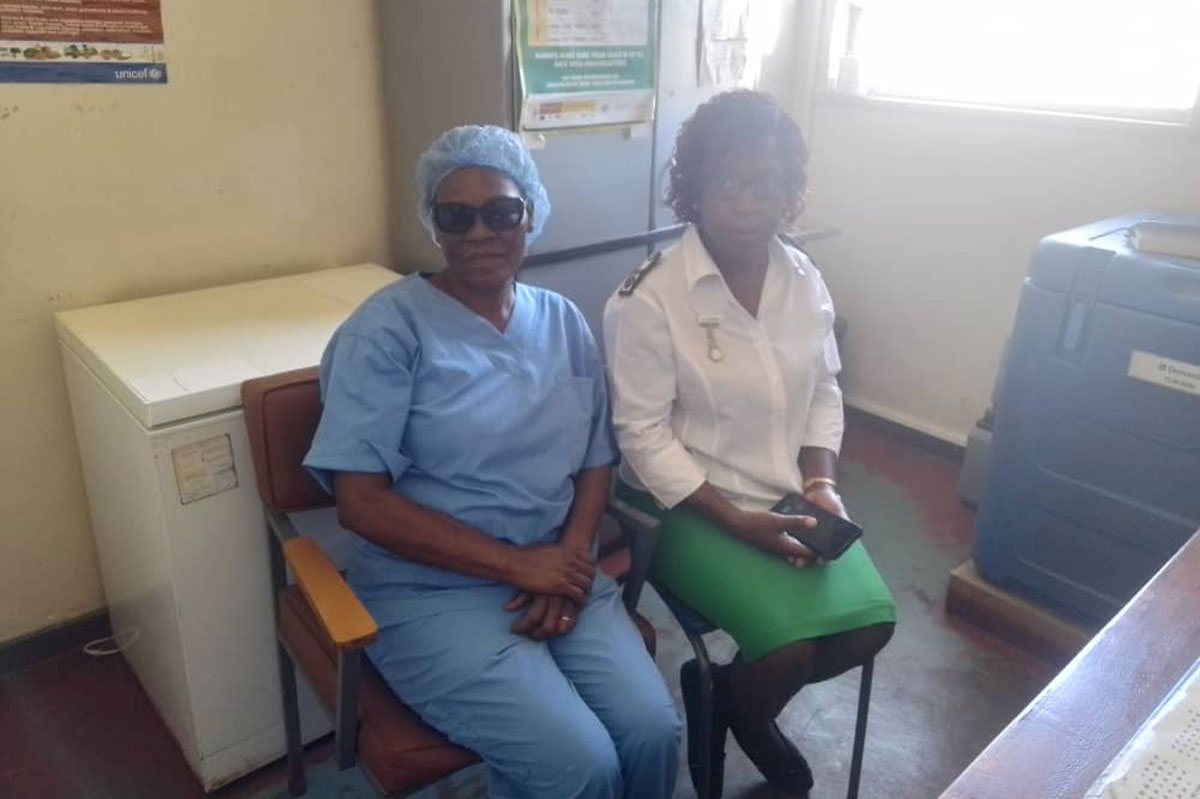In rural Zimbabwe, 20 kilometres make the difference between life and death
Four new health posts built with Gavi support have “changed everything”, bringing care closer to remote communities.
- 25 July 2025
- 6 min read
- by Enos Denhere
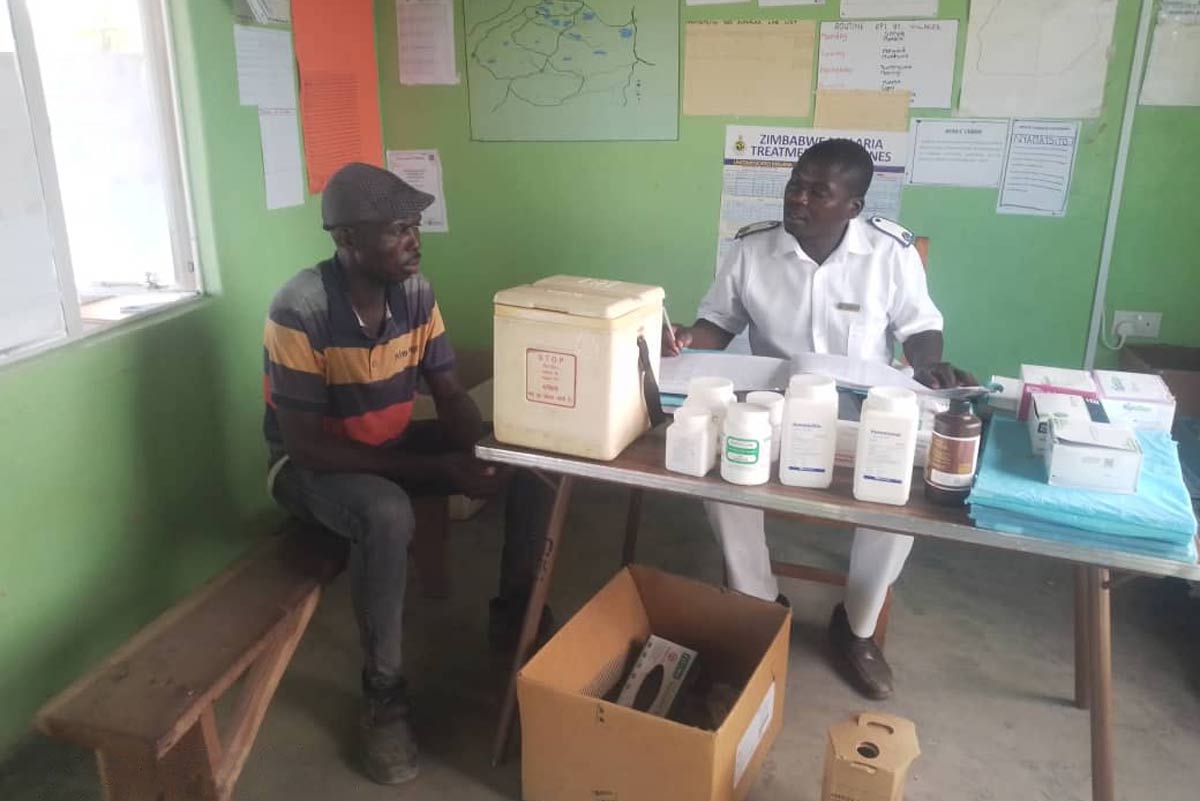
In Nyamatsito, a rural part of Zimbabwe’s Gokwe North District, parents used to walk for hours carrying children on their backs to access basic childhood health services, including immunisation. Many families missed appointments due to the long distances and poor road conditions, leaving children exposed to preventable diseases. Today, that has changed.
Nyamatsito is the site of one of four health posts built with support from Gavi, the Vaccine Alliance, to bring healthcare closer to hard-to-reach communities. Mothers no longer need to leave home before sunrise to see a nurse. Instead, they can now walk a short distance and get their children vaccinated in time, helping protect them from preventable diseases.
“This place has changed my life”
Primary care nurse Richard Vherukayi says, “Every day, we see over 50 patients for immunisations, maternal care and basic treatments that were hard to get before.
“Before this health post existed, people had to walk 15 to 20 kilometres to the nearest clinic in Gumunyu, which was difficult and sometimes dangerous. Now, this facility has made health services much closer and easier to reach, helping more families get the care they need, and improving health across the area.”
At Nyamatsito Health Post, Mhofu, a local man collecting his antiretroviral (ARV) medication, shared how life has improved since the facility opened.
“Before, I had to travel all the way to Gumunyu Clinic to get my HIV medicine,” he said. “If I couldn’t find a scotch cart, the long walk was painful, and sometimes I missed my medication.”
Now, with the health post nearby, Mhofu never misses his monthly visits. “This place has changed my life. I make sure to collect my ARVs every month. Having the clinic close has helped me value my health and take better care of myself,” he added.
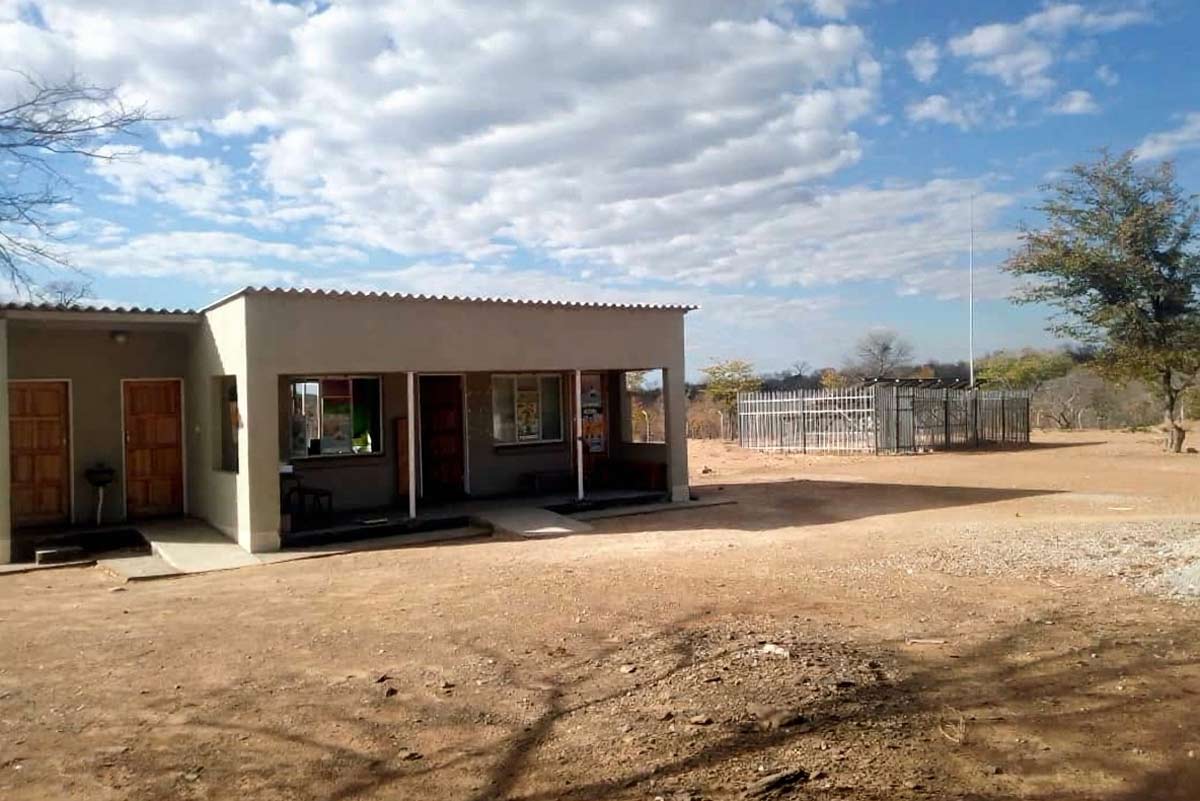
Choosing sites for impact
The decision to build the four new health posts at Nyamatsito, Murunguziva, Nyaurungwe, and Zvanaka was made to help those communities most in need of care. All four health posts opened in September 2024 and began reporting on their own by February 2025.
Dr Mary Muchekeza, Midlands Provincial Medical Director, said they focused on places where large groups of people lived very far from clinics – sometimes 25 to 40 kilometres away. “These communities already showed high demand during outreach programs, with over 100 people coming for services,” she explained. “Building permanent health posts there makes it easier for families to get care and supports child health and other essential services.”
“We looked at several key things,” Dr Muchekeza said. “First, most people had to travel about 25 kilometres just to reach the nearest clinic. That was too far, especially for pregnant women and children.”
She added that population size was important too. “We chose areas where many people live to make sure the new health posts would help as many as possible. These health posts were built at outreach points that were already doing well in giving vaccines,” said Dr Muchekeza – in other words, where community demand for care was evident. “Making them permanent health posts has helped improve vaccination rates across the district.”
“Closer to those who need us the most”
At Nyaurungwe Health Post, Midwife Majority Mlambo echoed her colleagues at Nyamatsito. “Before this health post opened, people had to travel nearly 25 kilometres to Tsungai Clinic,” he said. “This was especially hard for pregnant women and young children.”
Now, the health post offers many services close to home. “We provide immunisations, antenatal care, family planning, HIV testing and counselling, antiretroviral treatment, and care for common illnesses,” Mlambo explained.
Nyaurungwe serves many villages, including mining areas in Gokwe North and parts of Mashonaland West near the Munyati and Mupfure rivers. “We help over 40 people every day, mostly mothers bringing their babies for check-ups,” he added.
Emergency care and referrals are also available, with outreach clinics held every Thursday to reach people in the furthest-flung areas. “Our Thursday outreach helps us bring services closer to those who need them most,” said Mlambo.
The Nyaurungwe community includes families resettled during the 1980s and 2000 land reforms, along with many artisanal miners. Paradzai Mukombe, an artisanal miner, came to the clinic with his heavily pregnant wife for a maternity check-up.
“My wife is now getting all her check-ups here,” Mukombe said. “When our first daughter, Mukudzei, was born, she had to deliver at home because the clinic was too far. We had to rely on prayers from our apostolic church instead of medical care, which was risky.”
He added, “Thanks to this health facility, there is now hope for safer and healthier lives for our families.”
Mukombe’s wife said, “Now, I don’t fear issues related to pregnancy complications because I am regularly checked, which was a big challenge before.”
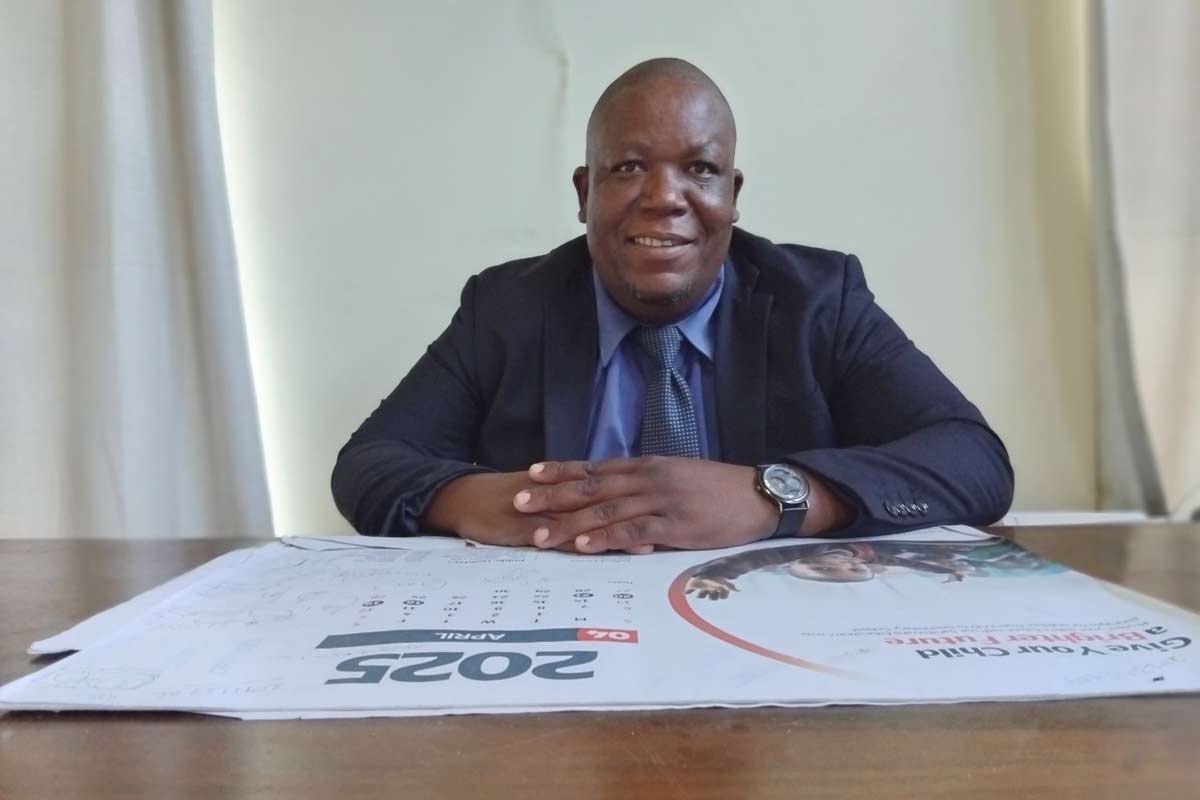
A model for hard-to-reach districts
The progress in Gokwe North shows a clear example for other hard-to-reach districts in Zimbabwe. Provisional Nurse Officer Diamond T. Matiyenga said, “By setting up more health posts in the right places with proper facilities, we can really improve health services.”
Matiyenga added, “We are seeing more people come for routine immunisations, more early malaria detection and treatment during the recent outbreak, and more pregnant women booking early for antenatal care, so health issues can be found and managed sooner.”
Tasiiwa David Manyawu, CEO of Gokwe North Rural District Council, said the council is ready to replicate this success. “These health posts have changed everything,” he said. “Before, people had to travel far for health services – some even lost their lives trying to get to the nearest clinic. Now, with these centres close by, we expect fewer deaths, especially for babies born at home. Basic first aid and treatment can be given nearby before patients travel to clinics or hospitals.”
He added, “The council is using this model and plans to build more health posts."
Have you read?
“A huge difference, especially for women”
Ward 18 Councillor Makanyara Chitiga shared her excitement about the new health posts in Gokwe North, especially the one in her home area, Zvanaka. “As a mother and community leader, I am more than happy,” she said. “The health post has made a huge difference, especially for women.”
She remembered how things used to be. “Many ended up giving birth at home and avoided clinics completely,” she said. “But now, with healthcare closer to home, more lives are being saved.”
Councillor Chitiga also pointed out some challenges that remain. “My wish is to see these health posts connected by proper roads to our main hospital in Gokwe,” she said. “The phone network is still poor and needs improvement, and we need better access to clean water. But even with these challenges, these health posts have brought smiles and hope to our people.”
Senior journalist Chrispen Tabvura, who has reported from Gokwe North, agreed. “The new health posts are a game changer – they have brought hope to many. What’s needed now is to fix the road to Gokwe General Hospital and improve mobile network coverage to support the new facilities.”
